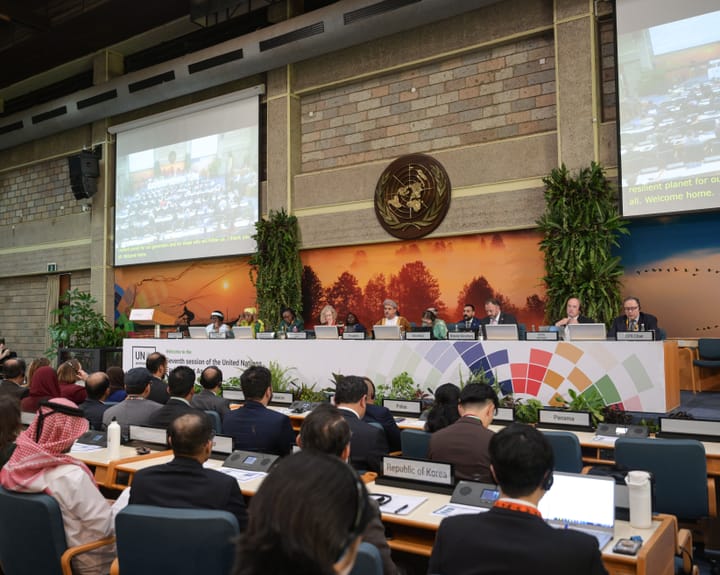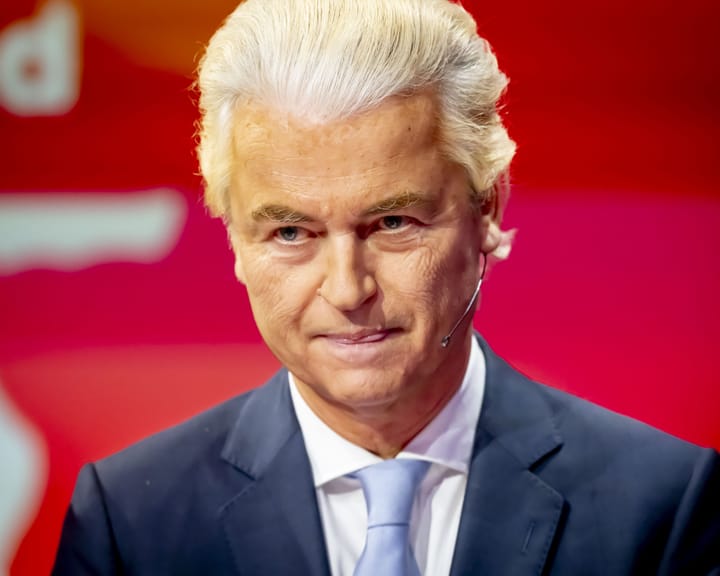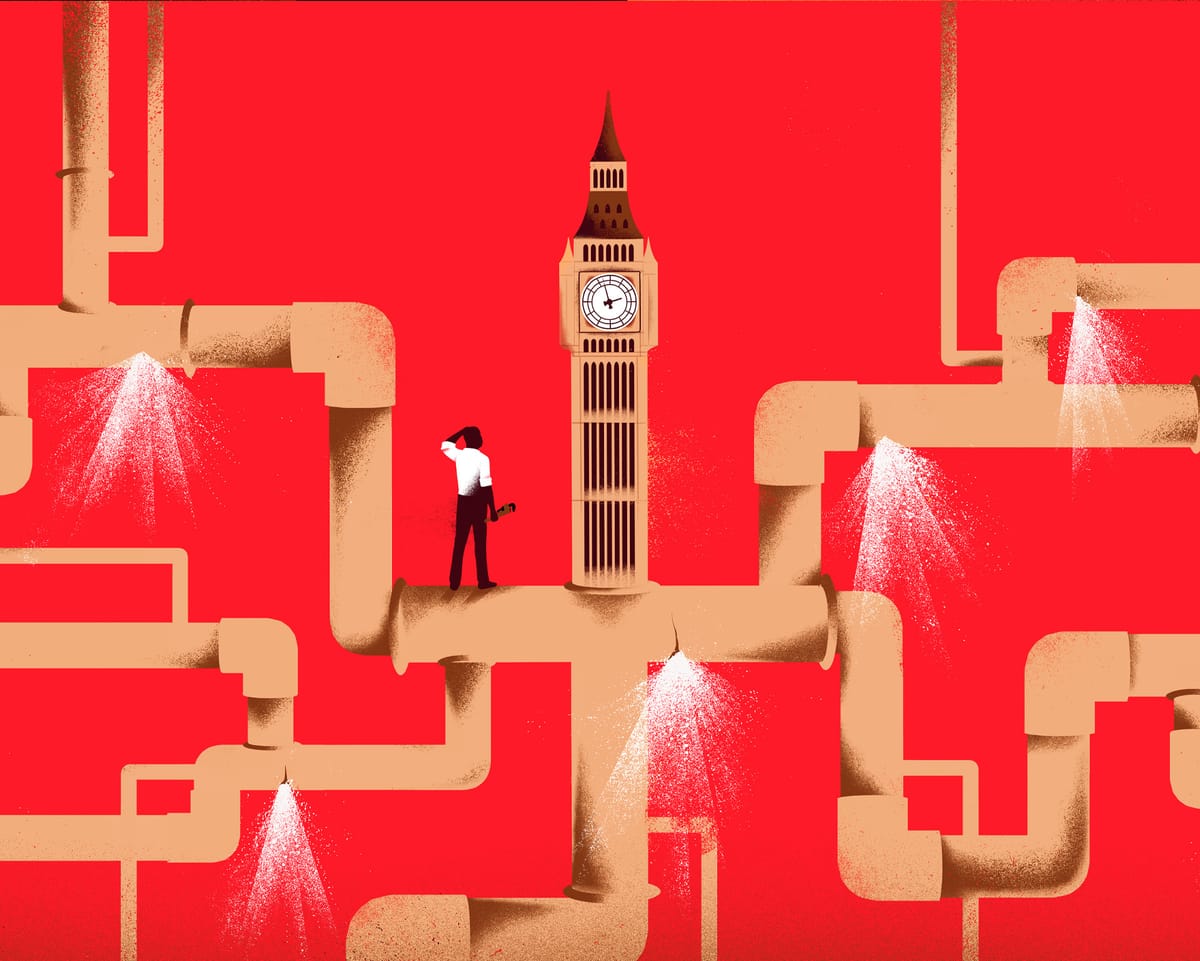The political season begins in Westminster with renewed energy in parliament and the usual back-to-school analogies, but does real politics still happen there? In terms of policy and lawmaking within globally recognized institutions, the SW1 postcode remains the focal point.
Yet the machinery of government feels sluggish. The UK stands out for its centralization compared to most democracies, yet those at the center often feel powerless. Ministers lack authority over local issues like waste collection or international crises like Middle Eastern conflicts, yet they are still held accountable for everything from neighborhood grievances to global instability.
Traditionally, the chancellor is seen as the steward of the nation’s economy, but in an era of unpredictable global markets, fiscal measures only go so far. Market fluctuations can easily derail even the most carefully crafted budget plans.
The Treasury, at least, retains some influence through financial oversight. Downing Street, by contrast, struggles with bureaucratic inertia—unresponsive mechanisms, administrative blockages, and gaps in leadership. Constant demands to react to shifting news cycles leave the Prime Minister’s office feeling besieged, with little room to set the agenda.
Policy decisions often prioritize flashy headlines—another immigration clampdown—despite diminishing impact. A relentless media storm, from social media outrage to nightly broadcasts, drowns out whatever message the government tries to convey.
These dynamics explain why Nigel Farage, the frequently absent MP for Clacton, rivals the actual Prime Minister, Keir Starmer, in political influence. The leader of Reform UK has bridged the constitutional gap by dominating the informal, interconnected arena where modern politics plays out.
After a summer spent stoking tensions around migration, Farage has bypassed Westminster’s return to session, opting instead for Washington, DC. There, he portrays Britain as a repressive state where free speech is stifled and dissent punished. His argument hinges on the case of Lucy Connolly, imprisoned after encouraging arson against asylum seeker accommodations—a crime she admitted to.
Farage’s rhetoric aims to appeal to Republican lawmakers, White House officials, and tech executives who oppose the UK’s online safety laws, which require platforms to shield children from harmful content. The previous US administration viewed such regulations as threats to free speech and corporate freedom, raising the possibility of retaliatory measures.
Read next

Africa's Warning on Solar Geoengineering Risks Gains Editorial Backing
It is appropriate that this week’s United Nations environmental discussions are happening in Nairobi, as Africa plays a central role in shaping global climate dialogue. Diplomats from the continent are addressing the complex issue of whether attempting to cool Earth by reducing sunlight exposure is a prudent approach. While

Might Narcolepsy Medication Revolutionize the World?
Breakthroughs in Sleep Science Reveal Surprising Insights
During a conversation with a pharmaceutical researcher, I learned of significant progress in sleep medications. One promising development targets narcolepsy, though its method could also address broader sleep issues like insomnia, much like how certain unexpected innovations find wider applications — akin to adhesive

"Far right still dominant in Netherlands despite Wilders' government setback"
Dutch Voters Head to the Polls Amid Political Instability
On Wednesday, Dutch citizens will cast their votes once again, marking the ninth election for the Tweede Kamer—the legislative chamber of the Netherlands’ parliament—in this still young century. In some respects, the country has come to resemble Italy in

